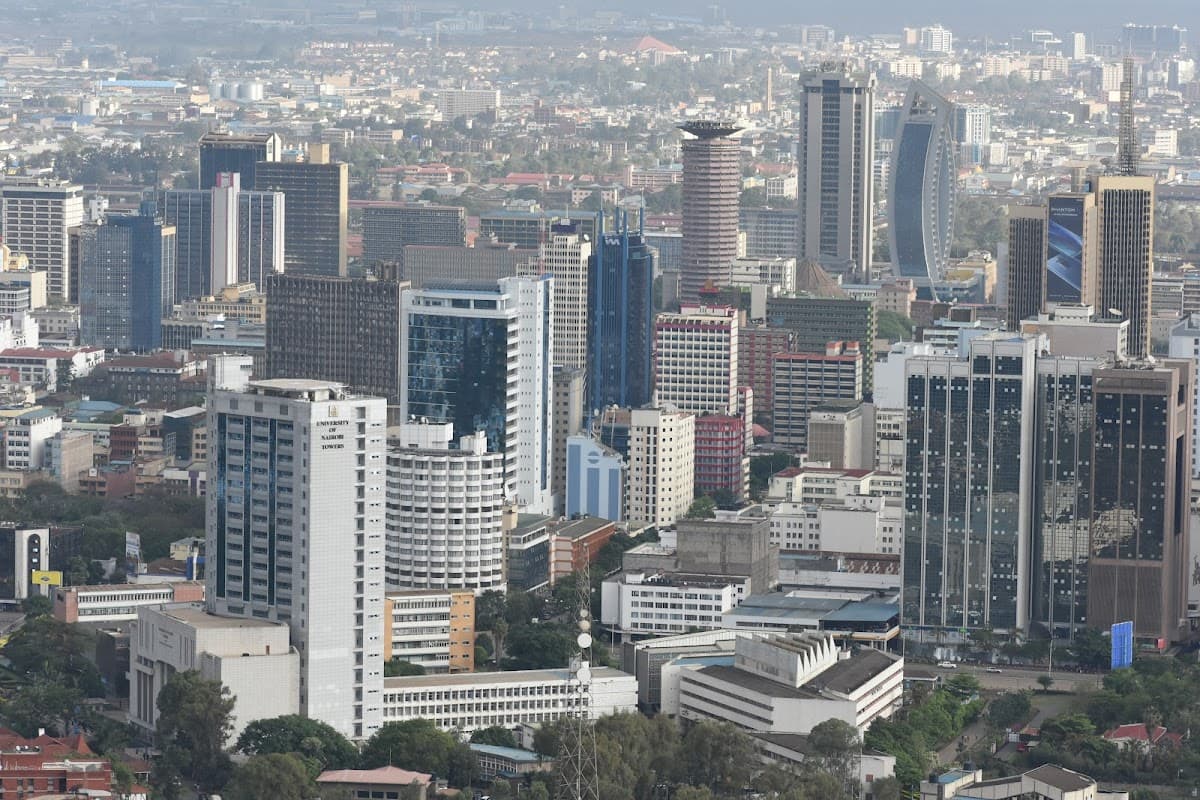Nairobi, April 9 : University course applications are open, and every student is busy thinking about which course to choose, like it’s the most important decision in life.
But here’s something to know—cluster points have nothing to do with the quality of education in a university.
A course with high cluster points doesn’t mean it’s better. It just means many students want to join that university, especially those who want to study in big towns.
The truth is, you can still get a great course at a university with lower cluster points, even if your grades weren’t the best.
For example, to study education at the University of Nairobi, you need an A-. But at Rongo University, the same course only requires a C+. And guess what? After graduation, no one cares where you studied—not your employer, not the TSC, and not even your students.
If you have a grade between B- and B+ , you might assume you have a strong chance of securing a spot in competitive courses like Medicine, Engineering, Nursing, or Law at top universities such as UoN, KU, JKUAT, Egerton, or Moi.
However, many students in this range end up missing out on their preferred courses because they underestimate the level of competition.
The reality is that these universities receive thousands of applications, with the majority coming from students who have higher grades mainly A and A-.
Since the slots for these high-demand programs are limited, even a small difference in points can determine who gets admitted.
Many students assume their grades are "good enough" without checking the cut-off points from previous years, leading to disappointment when they don’t make the cut.
To increase your chances of securing a spot in your desired course, it's important to be strategic in your university selection.
Instead of focusing only on the well-known institutions, consider applying to less competitive but well-accredited universities such as Karatina, Kisii, TUM, Masai Mara, Taita Taveta etc.
These universities offer quality education, and you will likely have a better chance of getting into your preferred program.
At the end of the day, the name of the university matters less than the knowledge, skills, and experience you gain throughout your studies.
Before you lock in your choices, take a moment and consider the following:
1. Choose a course that matches your passion and personality. You don’t want to spend four years suffering through something you don’t even like!
2. Check your Weighted Cluster Points and cut-off points.This helps you know where you actually stand. Otherwise, you might just find yourself pursuing some funny courses at Kisii University.
3. Think practical! Courses like Engineering, Technology, Business, Film, Education, Music, and Agriculture give you real, hands-on skills that can actually help you earn a living.
4. Avoid peer pressure and hype. Just because a course has a fancy name doesn’t mean it will guarantee you a job. Be smart—Actuarial Science, Marine Engineering, Environment Science, might sound cool, but how many people actually get hired in those fields in Kenya?
5. Jobs are scarce everywhere! Even doctors, lawyers, and teachers are struggling to find work. Choose a course that equips you with skills you can use to start your own thing if need be.
6. Do your research and ask around. The first revision is unforgiving—only courses with unfilled slots will be available. Make a well-informed choice now to avoid regrets later.
Cut-off points for any course are determined by the performance of applicants in a given year. For example, if Egerton University’s Bachelor of Commerce program can only take 10 students but receives 21 qualified applications, the top 10 will be selected. The 10th student’s weighted cluster points then becomes the cut-off point for that course.
Since cut-off points depend on the number of applicants, they cannot be set in advance. Instead, they are determined after all applications are processed.
Key Points to Note:
1. 2025 cut-off points are not available yet because they are based on KCSE 2024 results and applicant competition.
2. Cut-off points vary depending on the course, university, and year. Older and city-based universities such as KU,JKUAT, Egerton, Kimathi, UoN, MOI, Kisii etc tend to have higher cut-off points.
3. Cut-off points do not indicate quality—a higher cut-off does not mean better education. Instead, past cut-off points are for guidance only to help you make informed choices.
5. No need to calculate your cluster points manually. KUCCPS does this for you based on your KCSE results.
6. Meeting the minimum course requirements doesn’t guarantee placement, for instance, a C+ qualifies you for law, but to study it at KU, you may need an A.
7. Apply for courses where past cut-off points are lower than your cluster points to improve your chances.
KUCCPS recently outlined the payment procedure for students applying for degree and TVET courses.
Fee: Ksh1,500
Payment Platform: eCitizen
Steps:
1. Select courses & submit application.
2. Choose a preferred payment method (Mobile Money/Bank).
3. Make payment & receive an eCitizen reference code via SMS.
4. Enter the code in the KUCCPS portal and submit.
Do NOT use the mobile money transaction code—only the eCitizen reference code will be accepted.
Application closes on April 21, 2025. KUCCPS has set up support centres in all 47 counties to assist students.







